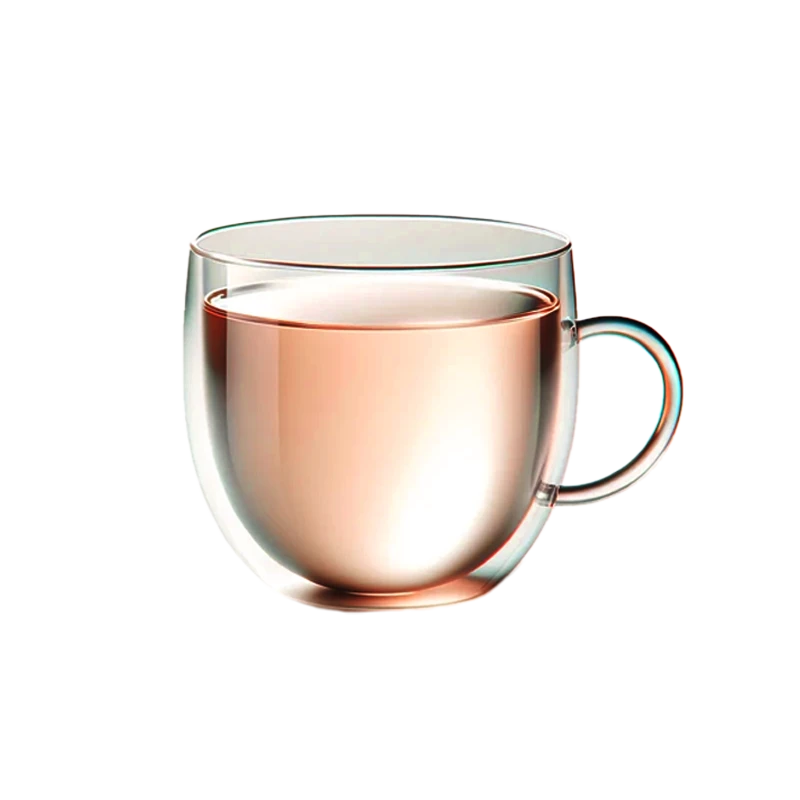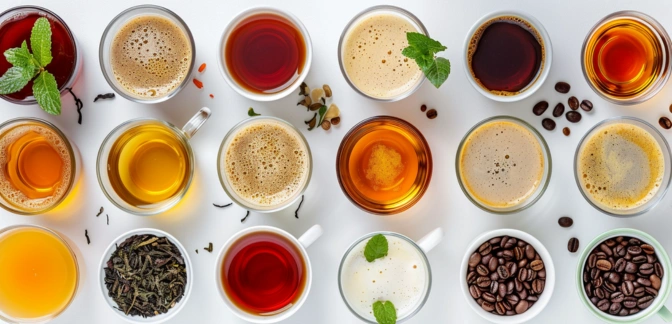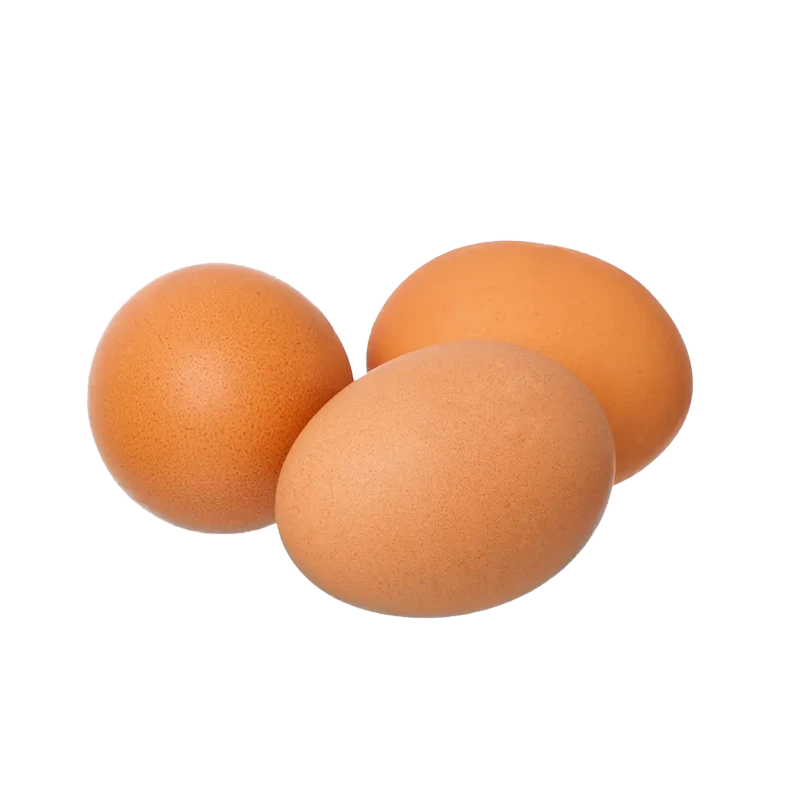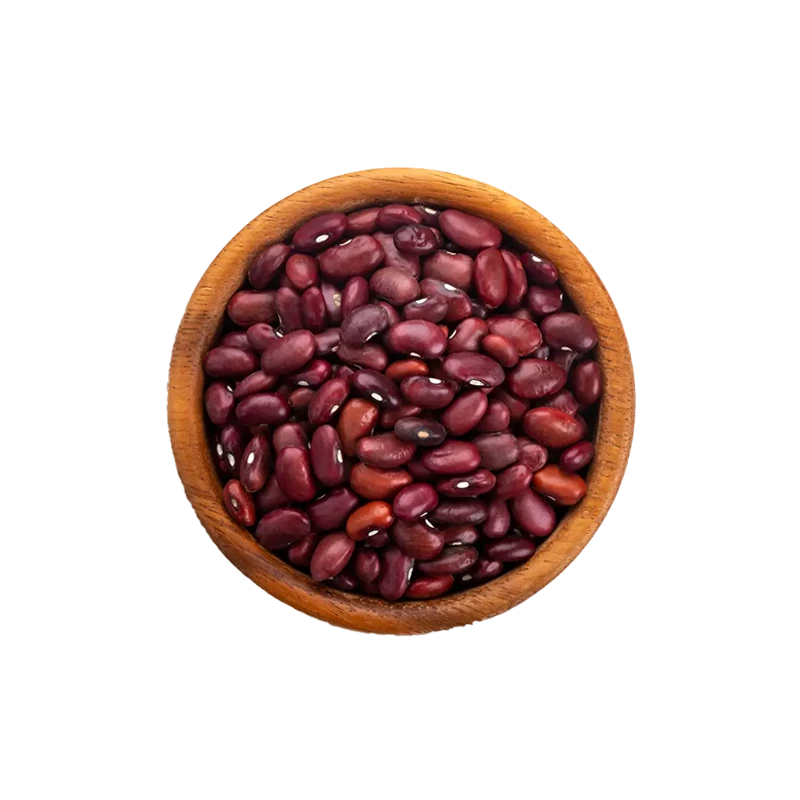Herbal Tea — Nutrients, Health Benefits, And Shopping Tips

Written by Listonic Team
Last update on September 4, 2024
Nutrition facts
Nutrition facts
Amount per 100 g
Calories
🔥 1 kcal
| Nutrition per: 100 g | Value | % Daily Value* |
|---|---|---|
| Carbs | 0 g | - |
| Fiber | 0 g | - |
| Sugars | 0 g | - |
| Glycemic Index | 0 | - |
| Protein | 0 g | - |
| Sodium | 1 mg | 0.04% |
| Total Fat | 0 g | - |
*The % of Daily Value (DV) tells you how much a nutrient in a serving of food contributes to a daily diet. 2,000 calories a day is used for general nutrition advice.
1
🍏 Low-Calorie Foods
Did you know?
Health benefits
- Rich in antioxidants from herbs such as chamomile, peppermint, and rooibos, which help protect the body from free radicals and reduce inflammation.
- Supports relaxation and sleep due to the calming properties of herbs like chamomile and valerian root.
- May aid digestion by soothing the stomach and reducing symptoms of indigestion and bloating, especially with herbs like peppermint and ginger.
- Supports immune function with herbs like echinacea and elderberry, which have antimicrobial and immune-boosting properties.
- Hydrates the body without caffeine, making it a healthy beverage choice.
Health risks
- Potential for allergic reactions in some individuals, particularly those allergic to specific herbs, causing symptoms like itching, swelling, or difficulty breathing.
- Risk of interactions with medications as certain herbs can interfere with the effectiveness of medications or increase the risk of side effects.
- Potential for digestive discomfort such as stomach upset or nausea when consumed in large quantities, especially in sensitive individuals.
- Possible contamination with heavy metals, pesticides, or harmful bacteria if the herbs are not properly sourced or processed.
How to choose herbal tea
Herbal tea should consist of vibrant, dried leaves and flowers that retain much of their original color. The aroma should be fresh and potent, signaling that the tea has been properly stored and is still potent.
Avoid herbal teas that look faded or smell dusty, as they likely won’t provide a strong flavor or the desired therapeutic benefits. Quality herbal tea should steep into a rich, aromatic infusion.

How to store herbal tea
Herbal tea benefits from being stored in a cool, dark place. An airtight container keeps its delicate flavors and aromas intact. This storage method ensures each cup is as fragrant and refreshing as intended.
Exposure to heat and light can diminish the potency of herbal tea. To maintain its best quality, avoid placing it near the stove or in bright areas. Storing it properly preserves its natural essence, providing a soothing tea experience.
✅ Extra Tip
How long does it last?
Herbal tea can last for 6-12 months when stored in an airtight container in a cool, dark place. For the best flavor, consume it within these time frames. Proper storage away from light, heat, and moisture is essential to maintain its quality.
What to do with leftovers?
Leftover herbal tea can be used in a variety of culinary and non-culinary ways. In the kitchen, herbal tea can be enjoyed hot or cold, or used as a base for smoothies, iced teas, and cocktails. Brewed herbal tea can also be used to infuse flavor into desserts, such as cakes, jellies, or sorbets. Certain herbal teas, like chamomile or peppermint, can also be used in cooking to add subtle flavor to dishes.
Beyond drinking, herbal tea has numerous practical uses. The brewed and cooled tea can be used as a natural toner for the skin, helping to refresh and hydrate. Herbal tea bags can be used as compresses to soothe tired eyes or minor skin irritations. Additionally, herbal tea can be used in a relaxing bath soak, where the tea’s natural properties help to calm and rejuvenate the body. Herbal tea leaves can be added to potpourri or sachets to bring a fresh, natural scent to your home, and some herbal teas can even be used as a natural dye for fabrics or crafts.
👨⚕️️ Medical disclaimer
Discover products from other categories
Listonic Team
Fact-checked
Our editorial team checked this article to make sure it was accurate at the time of publishing it.
Get the top-rated shopping list app on your phone!







